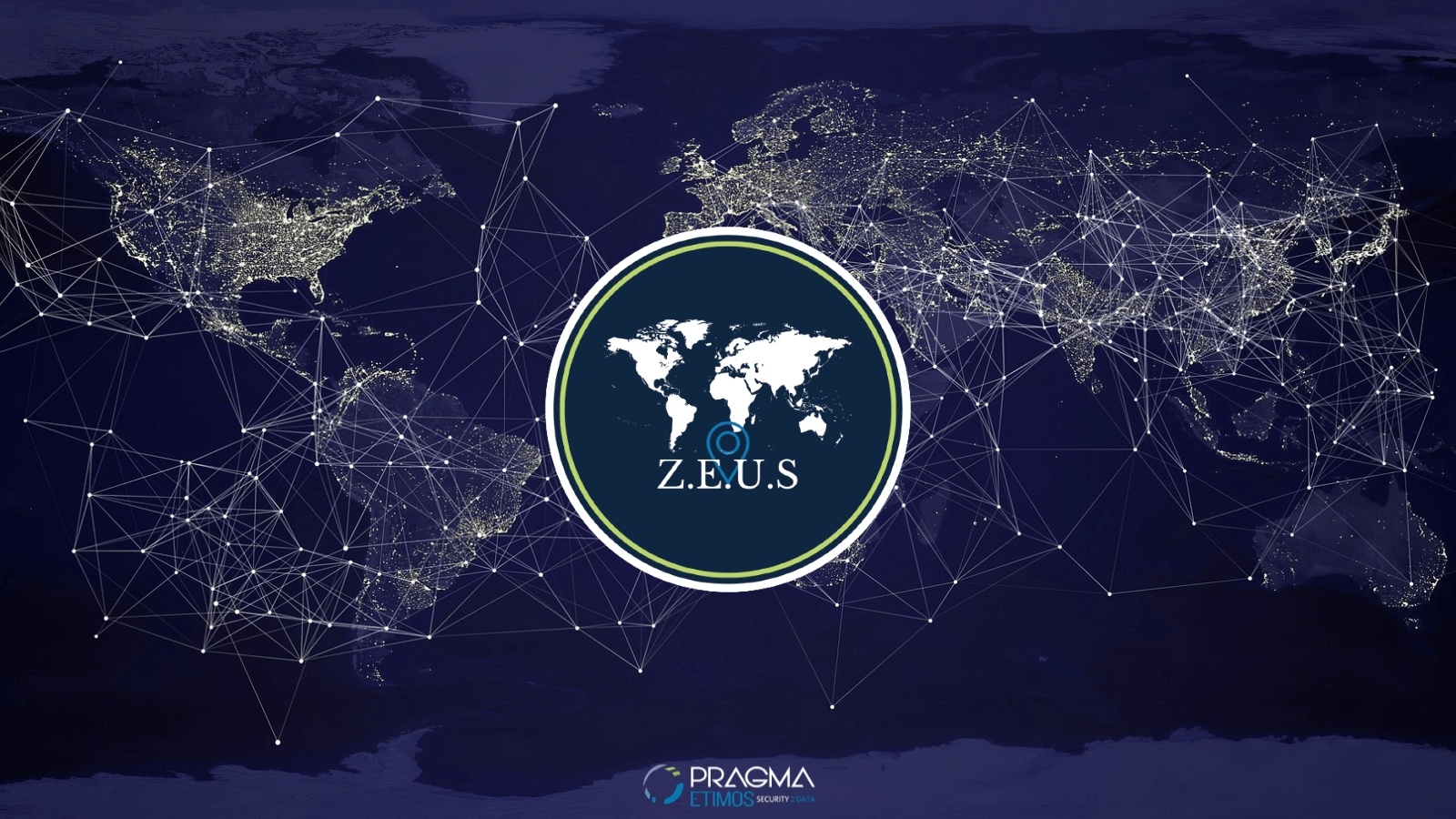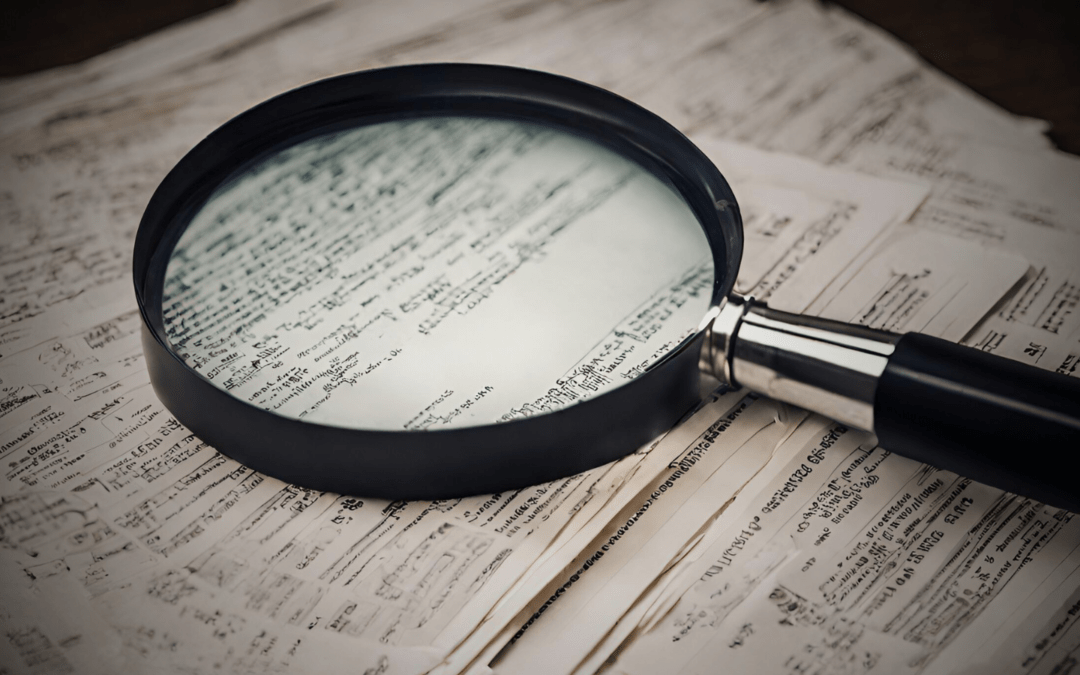In the investigative world, communications analysis is crucial to ensure the resolution of crimes and threats to society.
In an increasingly interconnected world, how is this industry changing? The evolution of technologies is leading to increasing complexity for forensic experts who find themselves managing huge volumes of data and information.
Artificial Intelligence can support investigative operations, greatly reducing timelines. This application of AI has the potential to revolutionize security by increasingly focusing on predictive analytics.
A technological revolution
AI is revolutionizing the world of investigations by introducing a number of innovative tools and approaches that improve the effectiveness and efficiency of these operations, including:
- Natural Language Programming (NLP): One of the most significant applications is natural language recognition. NLP programs allow you to automatically transcribe and analyse voice or written communications. This process is much faster and more efficient than manual listening. It can handle large volumes of data in real-time.
- Communications Analytics: AI can be used to analyse the content of captured communications, identifying relationships, keywords, or other relevant information. Social network analysis algorithms can identify connections between suspected individuals and track their online movements and activities.
- Finding Relevant Information: AI can automate the search for relevant information within the data it captures. This can include searching for specific documents, files, or conversations that can be useful for investigations.
- Machine Learning (ML): ML allows AI systems to improve their performance over time through experience. For example, an AI-powered eavesdropping system can learn from past data to identify patterns of suspicious behavior and improve the accuracy of its analysis.
- Sentiment Analysis: AI can be used to assess the sentiment of captured communications. This can help identify threats or negative attitudes more efficiently, identifying potential dangers or risks.
AI offers significant advantages in terms of timeliness, accuracy, and management of massive amounts of data.
The Problem of Unstructured Data
Much of the data generated on a daily basis is unstructured, meaning that information does not follow a predefined format, such as free text, images, audio, or video.
These represent a significant challenge to carry out investigations, as they are difficult to analyse and interpret in a conventional way. This is where Artificial Intelligence comes into play, offering innovative solutions to fully exploit the potential of this data.
Unstructured data can be found everywhere, from confusingly stored scans to poor-quality video or noisy audio recordings. This data is rich in information, but its value remains largely untapped due to its disorganized nature.
AI as a complement to Experts
AI’s task is to be the valid support of experts and not to replace their work, increasing their ability to analyse and understand unstructured data. This hybrid approach makes the most of human expertise and the efficiency of Artificial Intelligence. Experts can use AI-generated insights to make more informed decisions, improve the quality of work, save valuable time, and conclude complex investigations.
In conclusion, AI is key to tackling the problem of unstructured data, turning it from a hindrance into an opportunity. The analysis and interpretation of unstructured data with AI opens up new perspectives for organizations in terms of innovation, efficiency, and competitiveness.
We at Pragma Etimos strongly believe that new technologies can support human work if exploited in the right and correct way and we continue to study and develop innovative solutions based on Artificial Intelligence.
You may also like

APOLLO: everything you need to know about KYC
The acronym KYC, which stands for “Know Your Customer”, is a fundamental concept in the field of finance, anti-money laundering and transaction security. Crime has always found a way to illegally exploit the identity of individuals for certain practices, a phenomenon…

Wrong addresses: how to remedy mistakes?
In the complex web of everyday interactions, addresses play a key role. Whether physical or digital addresses, they act as reliable guides that take us from one point to another, allowing us to reach the desired destinations, to receive the goods we buy online and to…

